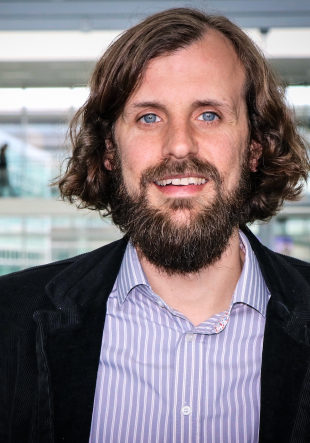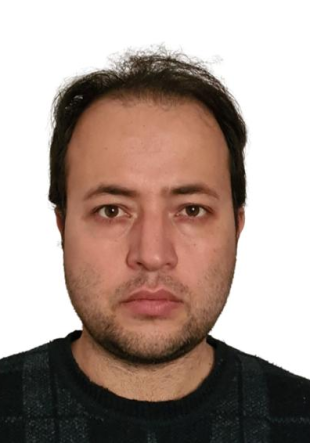KIAM: Competence center AI in the working world of industrial SMEs in OstWestfalenLippe
Overview
AI for a better working world
How will artificial intelligence change the world of work? How can companies use new technologies to relieve their employees and increase their competitiveness? And how can employees be prepared for the change? Answers to these questions will be provided by the "AI for the working world of industrial SMEs" (KIAM) competence center, which will be launched on the 1st of October as part of the it's OWL cluster of excellence. Together with IG Metall, 18 universities and companies are developing concrete approaches for workplace design and qualification. The competence center will receive 10.7 million euros in funding from the Federal Ministry of Education and Research over the next five years (project volume 12.2 million euros).
The KIAM Competence Center is one of two projects selected from 47 applications in the BMBF call for proposals "Competence Centers for Work Research". Prof. Dr. Roman Dumitrescu, Managing Director of it's OWL Clustermanagement GmbH: "The award is a huge success for OstWestfalenLippe. Our universities and Fraunhofer institutes are leaders in AI research, and with it's OWL we have established excellent transfer structures for small and medium-sized enterprises. With the competence center, we can make the results of cutting-edge research available to industry in OWL and put them to use in SMEs."
Skills management, employee participation and technology acceptance
Artificial intelligence will fundamentally change the world of work: AI systems support work processes, take over tasks and create new fields of work. The identification of potential applications and the development of concrete solutions pose challenges for small and medium-sized companies in particular, such as a lack of skilled workers or unclear organizational and technological requirements. The KIAM competence center brings together findings from work research in this future field. Key topics include workplace design, skills development and change management. KIAM is supported by the universities of Bielefeld and Paderborn, TH OWL, Bielefeld University of Applied Sciences, the University of Applied Sciences, Fraunhofer IEM and Fraunhofer IOSB-INA as well as the companies Atos, Bette, Bosch Rexroth, Deutsche Angestellten-Akademie OWL, Dr. Oetker, Kannegiesser, itelligence, Lenze, Miele, WAGO and Weidmüller and IG Metall.
In lighthouse projects, research institutions and companies develop concrete solutions in which AI technologies are made available for various fields of application. Weidmüller, for example, is working together with Bielefeld University of Applied Sciences to develop new approaches for teaching skills to trainees and employees. The company is already using digital technologies such as smart glasses and tablets to operate and maintain machines. The project is investigating the impact of digital processes on the quality of work, employee requirements and job profiles. On this basis, further training formats are being developed in which the new requirements are taught using digital learning methods. For example, digital learning assistants will also be used. In addition, the changes required in the organization (such as learning culture, agile structures), in the understanding of leadership and in co-determination are being investigated. Close cooperation with the works council and IG Metall will ensure that the interests of employees are taken into account. Miele will develop approaches for intelligent workforce scheduling, Bette will develop intelligent knowledge management. WAGO is planning to develop an AI-based sales assistant, Dr. Oetker an AI-supported sales planning system. Kannegiesser wants to optimize the sorting of laundry.
Transfer to the SME sector
The results and experiences from the lighthouse projects are to be made available to small and medium-sized enterprises. To this end, an information platform is being set up, good examples are being prepared and events and workshops are being held. Employees will be trained in the use of AI technologies in further training courses. In transfer projects, companies can use new AI technologies in cooperation with a research institution to solve specific challenges in their company. Transfer partners of the competence center, such as owl maschinenbau and OstWestfalenLippe GmbH, provide support.
Key Facts
- Grant Number:
- 02L19C115
- Project type:
- Sonstiger Zweck
- Project duration:
- 10/2020 - 09/2025
- Funded by:
- Bundesministerium für Forschung, Technologie und Raumfahrt (BMFTR)
- Websites:
-
Homepage
Projektseite DICE




